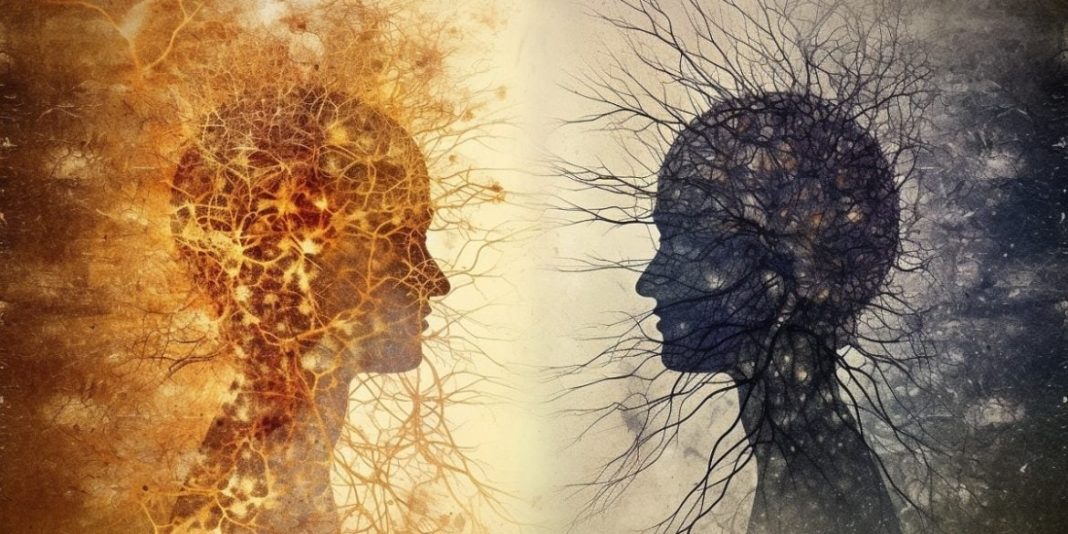Neuroscientists have looked at love from a new angle and have reported that different types of love activate different parts of the brain.
A recent study mapped the human brain’s response to different types of love and found that each type of love activates different brain circuits.
Aalto University scientists measured brain activity using functional magnetic resonance imaging (fMRI) and found that parental love is the most active in the brain.
“In parental love, there was activity in a deeper part of the brain’s reward system that was not seen in other types of love,” said study researcher Partly Rin.
The findings, published this week in the journal Cerebral Cortex, also found that empathy for strangers is less pleasurable than for close relationships.
Love for nature, on the other hand, activates the reward system and other visual areas of the brain, but sadly, it does not activate parts of the social brain.
“When looking at love for pets and the associated brain activity, the social brain regions showed statistically significant differences in whether a person owned a pet or not,” Partley Rinn added.
“When it comes to pet owners, these areas of the brain are more active than non-owners,” he added.
This research provides further understanding of the brain’s response to different types of love, which may help to better understand human emotional and social nature.


